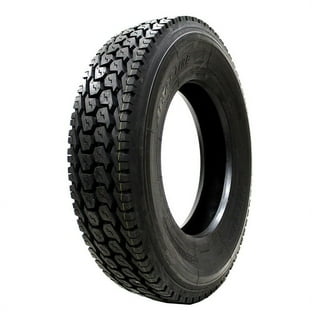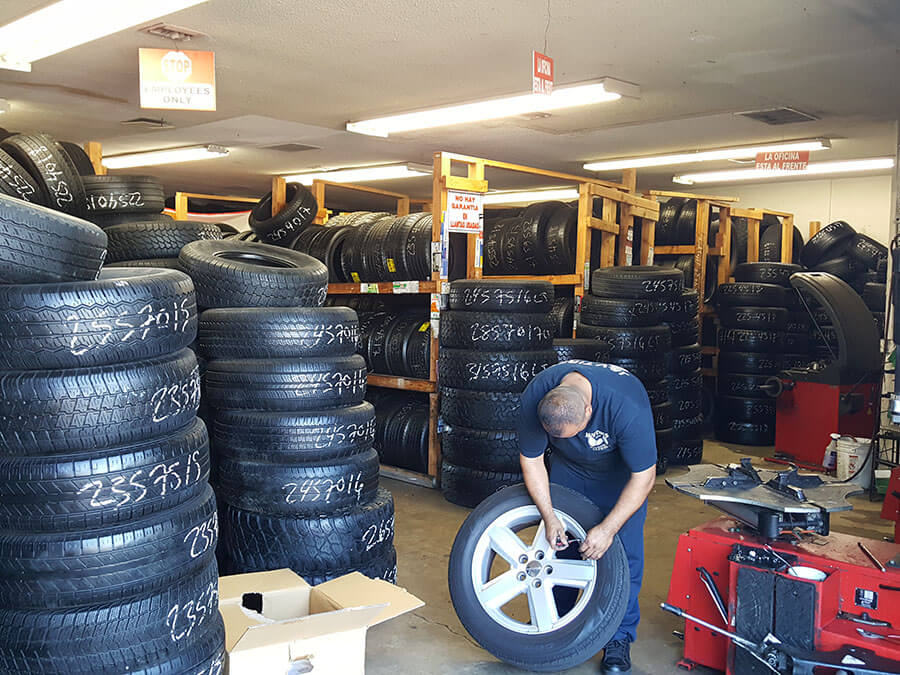Enjoy Big Savings on Discount Tires Morris IL: Shop Now for Offers
Enjoy Big Savings on Discount Tires Morris IL: Shop Now for Offers
Blog Article
Tire Service: Understanding Tire Pressure Tracking Systems
Understanding Tire Stress Monitoring Systems (TPMS) is a critical element of maintaining optimal lorry efficiency and safety on the road. With improvements in automotive technology, TPMS has become a basic attribute in contemporary cars, giving real-time information on tire pressure degrees.

Importance of TPMS
The significance of Tire Pressure Tracking Equipments (TPMS) hinges on their capability to boost vehicle safety and efficiency via real-time monitoring of tire stress levels. Keeping the proper tire stress is crucial for making certain ideal handling, braking, and overall safety of an automobile. TPMS offers chauffeurs with prompt responses on any underinflated or overinflated tires, enabling timely adjustments to be made.
Components of TPMS
Sensors are typically located in the tire valve stem or affixed to the wheel assembly, where they measure tire pressure and transmit data to the control module. Some advanced TPMS models likewise display the actual tire stress readings for each tire, supplying motorists with real-time info to make sure ideal tire performance and safety. By keeping an eye on tire pressure continually, TPMS assists stop mishaps, reduces tire wear, and enhances gas performance, making it an essential part for lorry security and efficiency. mopar tire service specials.
Kinds Of TPMS

On the other hand, indirect TPMS depends on the vehicle's wheel speed sensors to keep an eye on tire stress. This system discovers underinflation by contrasting the rotational rates of the wheels. Indirect TPMS is less costly than straight TPMS, as it uses existing sensors within the lorry.
While direct TPMS supplies extra accurate readings, indirect TPMS is easier in style and commonly requires much less upkeep. Both systems have their benefits and restrictions, and the selection between them usually depends on elements such as expense, car make, and personal preference. Recognizing the differences in between these 2 kinds of TPMS can help car owners make notified decisions relating to tire upkeep and safety and security.
TPMS Upkeep Tips
Reliable maintenance of TPMS is essential for making sure ideal performance and security of your car. Regularly checking the TPMS sensing units for any type of damage or rust is important. Make sure that the sensing units are tidy and totally free from particles that might hinder their functioning. Additionally, it is suggested to check the sensing unit batteries occasionally and change them as required to assure exact analyses. Conduct regular examine the tire pressure levels and contrast them with the TPMS readings to guarantee they correspond. If there are any inconsistencies, rectify the system complying with the supplier's guidelines. In addition, during tire rotation or replacement, see to it that the TPMS elements are dealt with very carefully to avoid any type of possible damage. Finally, if the TPMS cautioning light illuminates on the control panel, deal with the problem immediately by checking the tire pressures and the overall system for any faults. By adhering to these upkeep suggestions, you can lengthen the life-span of your TPMS and improve the safety and security visite site of your driving experience.
Advantages of Correct Tire Pressure
Preserving appropriate tire pressure, as stressed in TPMS Maintenance Tips, is essential for enjoying the various advantages connected with optimal tire pressure degrees. Additionally, appropriate tire pressure makes certain also tire wear, prolonging the lifespan of the tires and advertising much safer driving problems. In final thought, the advantages of appropriate tire stress go beyond simply tire longevity; they incorporate boosted fuel performance, boosted safety and security, better automobile efficiency, and total driving convenience.
Verdict
Finally, understanding tire stress surveillance systems (TPMS) is vital for maintaining ideal tire stress and making sure car security. By recognizing the importance of TPMS, knowing with its components, recognizing the different kinds readily available, sticking to correct upkeep ideas, and understanding the benefits of keeping correct tire stress, chauffeurs can boost their driving experience and extend the life-span of their tires. Correct tire pressure is essential to efficient and safe car procedure.

Report this page